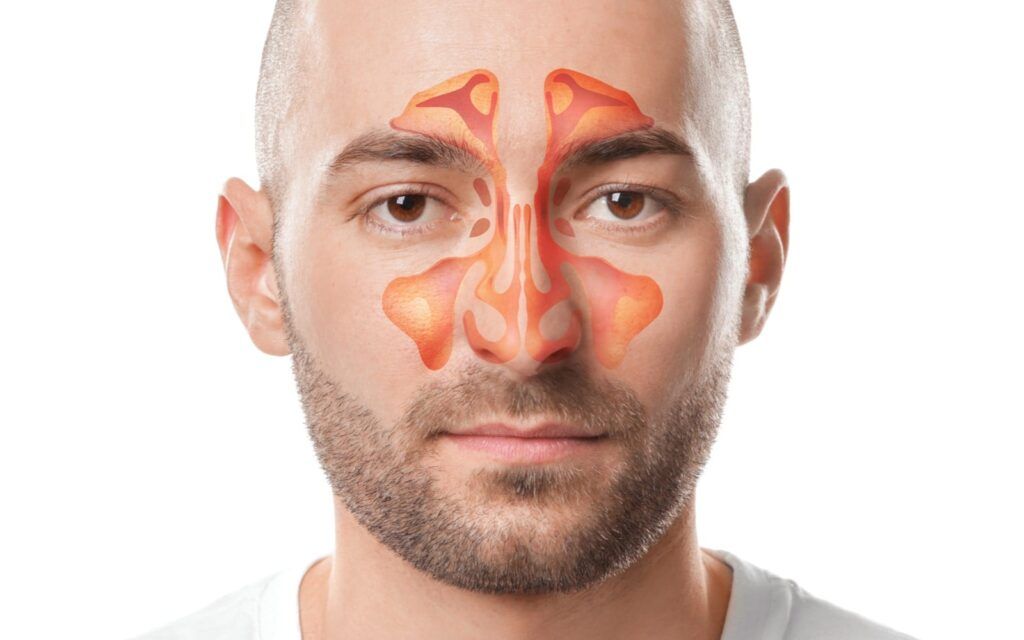Endodontic infections can spread to the sinuses, causing severe complications such as pulpal bacterial infections and high inflammatory responses. Maxillary sinusitis caused by tooth complications can create foul-smelling nasal discharge and systemic symptoms such as weakness and fevers. Treating maxillary sinusitis often involves antibiotics to prevent the spread of infection to other areas of the body. For endodontists, this also means treating the root cause of the problem as well.
How Endodontists Treat Maxillary Sinusitis
Endodontic therapy is often used to treat maxillary sinusitis; it relies on conventional and surgical methods to remove the infection and clear the sinuses. Often maxillary sinusitis is caused by the development of bacteria, viruses, and fungus that swells up within the nasal cavity, causing nasal discharge and inflammation of the sinus airways. However, endodontists that work towards treating the root of the problem often encounter this disease due to the distinct connection between the sinuses, the mouth, and the teeth.
For endodontists, teeth impacted by cavities, abscesses, and periodontal disease can spread the sinuses’ infection. According to the GW Bell journal, endodontic therapy is a vital option for treating maxillary sinusitis. It can provide better resources for patients suffering from endodontic infections to receive consistent treatment beforehand.
Types of Treatments For Maxillary Sinusitis
For those curious about the types of treatments endodontists provide, a few treatments that can be used include:
- Topical Nasal Decongestants
- Saline Irrigation
- Antibiotics (Amoxicillin or Cephalosporin)
- Root Canal Therapy
- Periradicular Surgery
For more information on how endodontists treat maxillary sinusitis, contact your primary care dentist to inquire about these forms of treatment.







